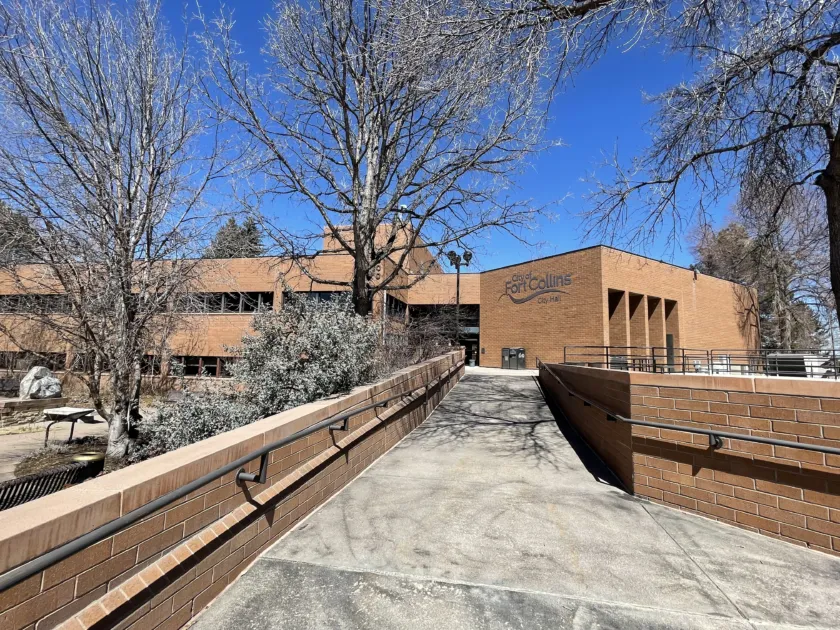Fort Collins’ 3rd try at land-use code wins final OK

After having two of its attempts to rewrite the city’s 27-year-old land-use code overturned by citizen-initiated petitions, the Fort Collins City Council on Tuesday night gave unanimous final approval to a stripped-down but “foundational” version.
THIS ARTICLE IS FOR SUBSCRIBERS ONLY
Continue reading for less than $3 per week!
Get a month of award-winning local business news, trends and insights
Access award-winning content today!
Already have a paid subscription?
Sign in with GoogleSign in with Google




